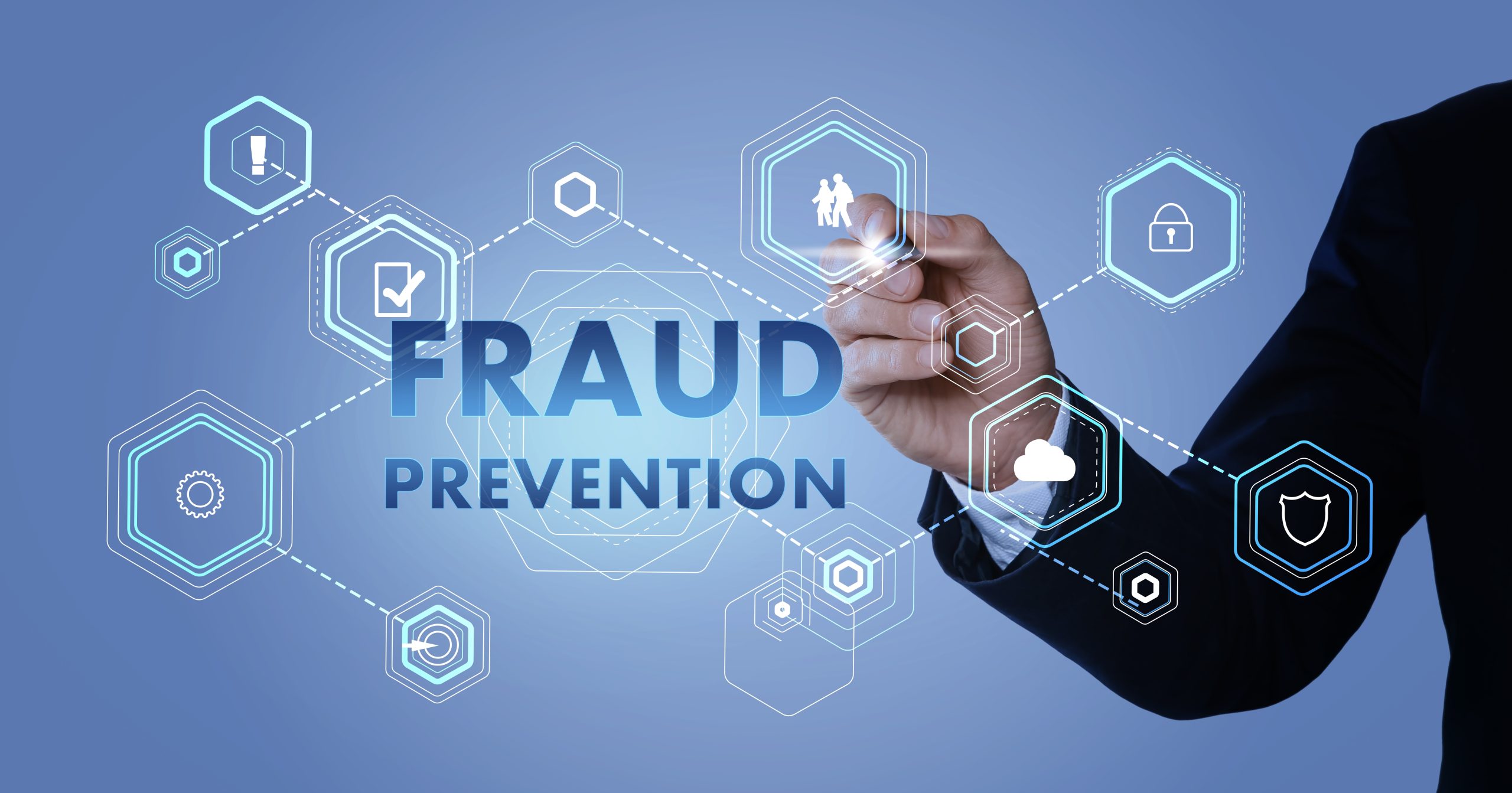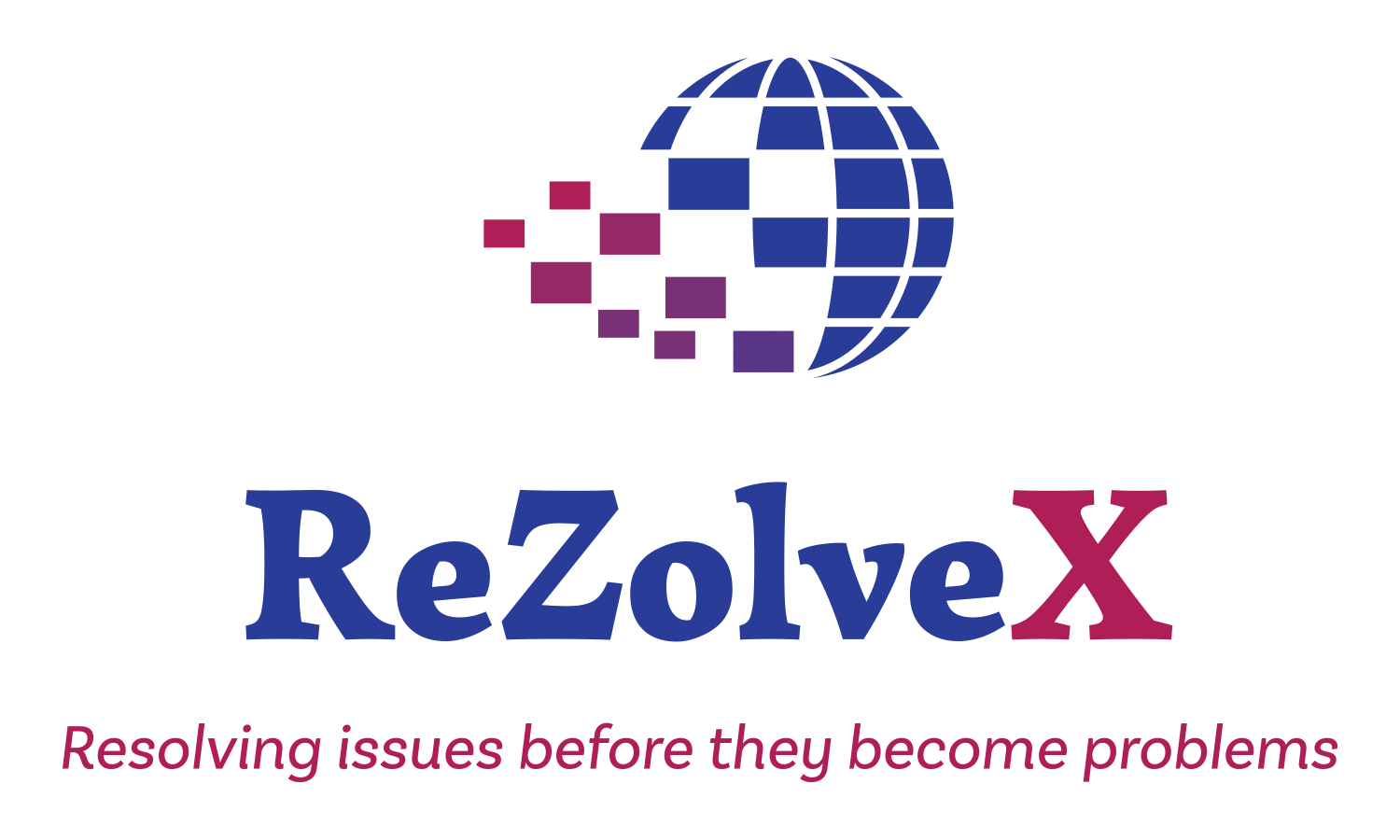Ethics and compliance issues
What does Ethics and Compliance mean?
Ethics and compliance are two interconnected concepts that guide behavior and decision-making within organizations. Together, Ethics provides the foundation for good decision-making, while Compliance ensures those decisions are aligned with the rules.
Ethics
Ethics refers to the principles, values, and moral standards that govern individual and collective behavior. Ethical considerations encompass concepts such as honesty, integrity, fairness, respect for others, and adherence to laws and societal norms. In a business context, ethical behavior involves making decisions and taking actions that prioritize the well-being of stakeholders, including employees, customers, shareholders, and the broader community, while upholding the organization’s values and commitments.
Compliance
Compliance, on the other hand, involves adhering to laws, regulations, policies, and standards set forth by external authorities (e.g., government agencies, industry regulators) and internal policies and guidelines established by the organization itself.
Compliance efforts aim to ensure that the organization operates within legal and regulatory boundaries, avoids risks of legal penalties or sanctions, and upholds ethical standards in its operations and interactions.

Together, ethics and compliance create a framework for responsible and accountable behavior within organizations. Ethical considerations guide decision-making processes, encouraging individuals to consider the broader impact of their actions on various stakeholders and society
as a whole. Compliance efforts provide specific guidelines and requirements to ensure that organizational activities align with legal and regulatory requirements, industry standards, and internal policies, reducing the risk of unethical behavior and legal violations.
In essence, while ethics set the moral compass for behavior, compliance ensures that actions are aligned with legal and regulatory expectations, fostering trust, integrity, and accountability within the organization and among its stakeholders.
Examples of Ethics and Compliance
Conflict of Interest
A conflict of interest arises when an individual's personal interests or relationships conflict with their professional duties or responsibilities within the organization. For instance, if a procurement manager accepts gifts or kickbacks from suppliers in exchange for preferential treatment in awarding contracts, it constitutes a conflict of interest and violates ethical standards of impartiality and fairness. Similarly, if an employee uses insider information obtained through their position for personal gain in financial markets, it not only breaches ethical principles of integrity and honesty but also violates securities laws and regulations, leading to compliance issues.
Data Privacy Breach
In today’s digital age, organizations handle vast amounts of sensitive data belonging to customers, employees, and other stakeholders. A data privacy breach occurs when unauthorized individuals gain access to this data, leading to its exposure, theft, or misuse.
For example, if a company fails to implement adequate cybersecurity measures to protect customer information and experiences a data breach due to negligence, it violates ethical obligations to safeguard sensitive data and may face legal consequences for non-compliance with data protection laws such as the General Data Protection Regulation (GDPR) or the Health Insurance Portability and Accountability Act (HIPAA).
We're Here To Help!
Office
2863 West 95th Street
Suite 123-227
Naperville IL 60564
Hours
M-F: 8am - 10pm
S-S: Closed
